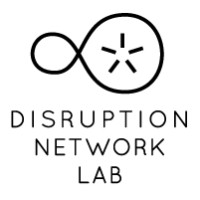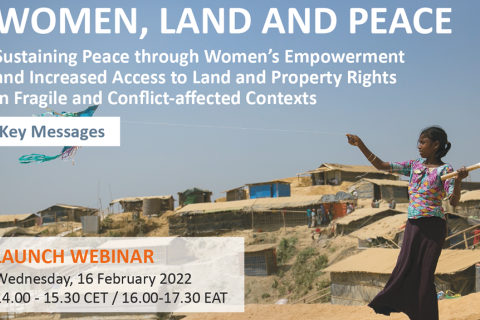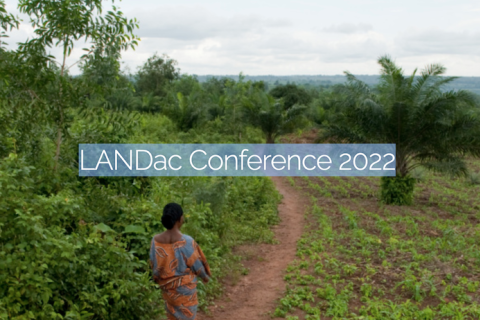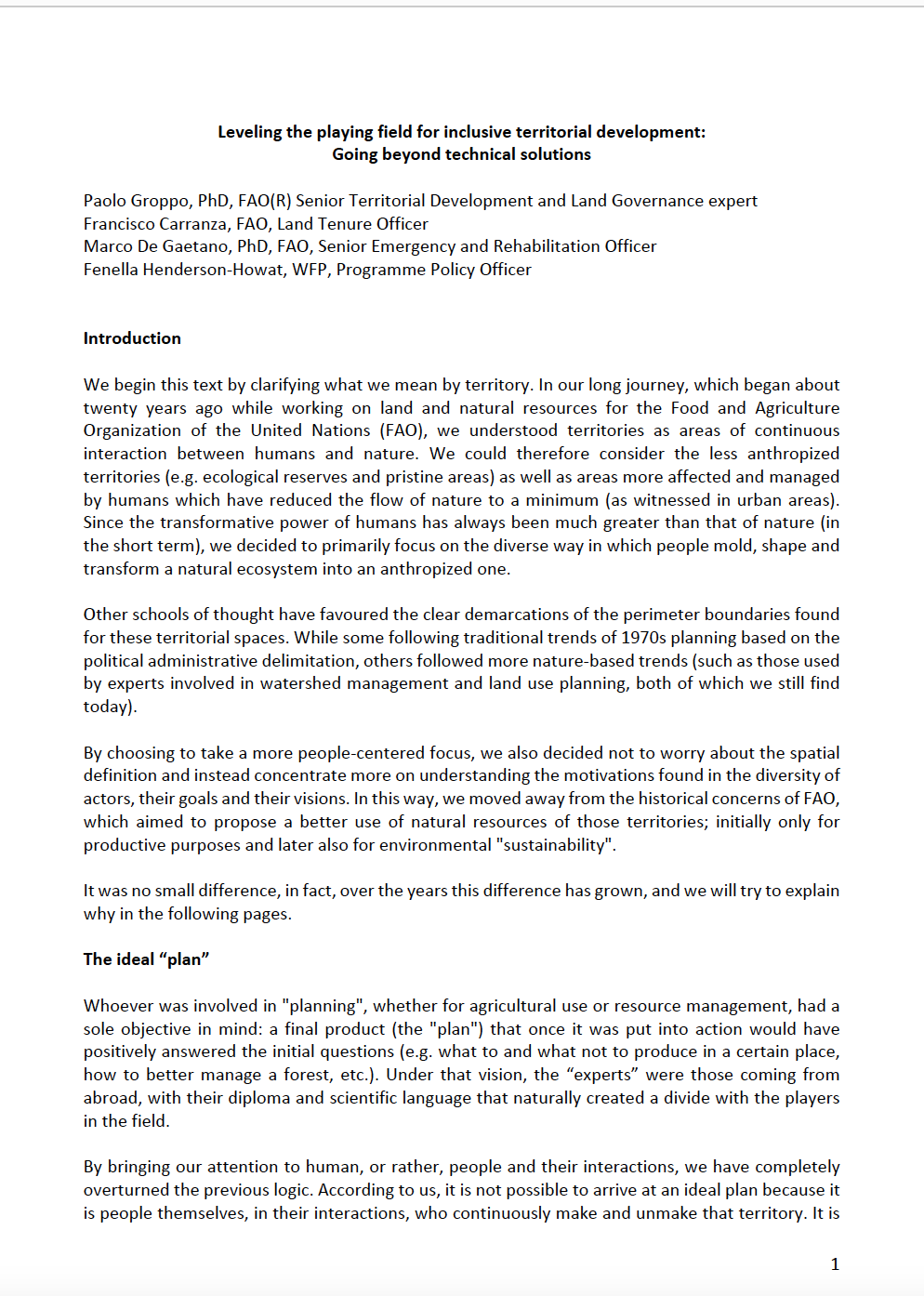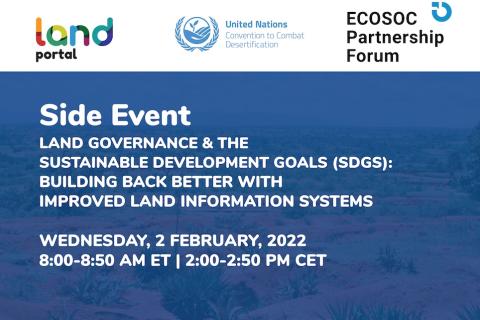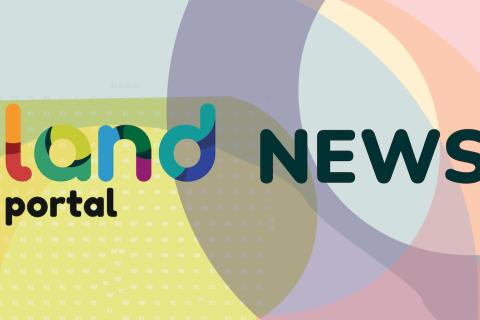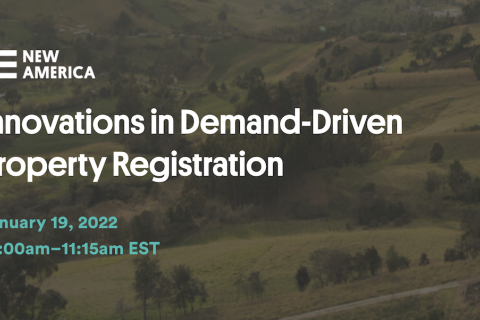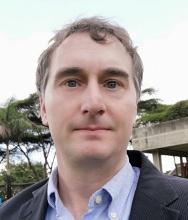
Topics and Regions
Neil Sorensen joined the Land Portal as its Communications Specialist in October 2015. He has extensive experience leading communications for international organizations and developing relationships with civil society, donors, intergovernmental agencies, the media and the private sector. Previously, Neil worked for the International Fund for Agriculture Development (IFAD) as a Governing Bodies Officer and Strategic Adviser to the Secretary of IFAD. He has also led communications for three international organizations, including the International Land Coalition, the International Federation of Agricultural Producers (IFAP) and the International Federation of Organic Agriculture Movements (IFOAM). He holds a Master’s degree in Global Diplomacy from the University of London School of Oriental and African Studies (SOAS) as well as a Bachelor’s degree with a double major in German and Sociology from St. Cloud State University.
Details
Location
Contributions
Displaying 261 - 270 of 1156Disruption Network Lab
Examining the intersection of politics, technology, and society, Disruption Network Lab exposes the misconduct and wrongdoing of the powerful.
Women, Land and Peace
UN-Habitat and partners will organize a webinar this month that will provide a wide array of government officials and stakeholders with the knowledge and key messages on how to help women not only retain land rights but also promote their role in conflict resolution and peacebuilding in fragile societies.
Leveling the playing field for inclusive territorial development: Going beyond technical solutions
We begin this text by clarifying what we mean by territory. In our long journey, which began about twenty years ago while working on land and natural resources for the Food and Agriculture Organization of the United Nations (FAO), we understood territories as areas of continuous interaction between humans and nature. We could therefore consider the less anthropized territories (e.g. ecological reserves and pristine areas) as well as areas more affected and managed by humans which have reduced the flow of nature to a minimum (as witnessed in urban areas).
Updated SDG Land Tracker makes dispersed land data easily accessible
February 2, 2022 (GLOBAL) — Six years into the establishment of the 17 Sustainable Development Goals (SDGs), the Land Portal is re-examining progress made on land-related SDG indicators. More than a dozen land-related indicators are housed over five SDG goals. The newly updated SDG Land Tracker features completely revised and updated narratives for 13 land-related indicators describing why the indicator is important and how the indicators are measured and monitored.
Land governance and the Sustainable Development Goals (SDGs): Building Back Better with Improved Land Information Systems
This side event will present the latest information available on land-related SDG indicators that are showcased on the SDGs Land Tracker. The event will emphasize how Land Degradation Neutrality (LDN) can play a key role in accelerating achievement of the SDGs and Building Back Better in light of the COVID-10 pandemic.
What’s Love Got to do With It? The Voluntary Guidelines on Tenure, Ten Years Later
Almost ten years ago, global donors who were focused on the role of land and property rights in promoting economic growth, mitigating food insecurity, and addressing climate change issues, came together in a United Nations (UN) body to negotiate an international agreement for voluntary guidelines to strengthen and secure land rights.
Consultancy for Human Rights Work at Global Canopy
Global Canopy (GC) is a data-driven not for profit that targets the market forces destroying nature. We do this by improving transparency and accountability. We provide innovative open-access data, clear metrics, and actionable insights to leading companies, financial institutions, governments and campaigning organisations worldwide. Global Canopy is moving through a period of organisational growth and development and has identified a need to focus greater attention on the human rights aspects of our work.
Innovations in Demand-Driven Property Registration
Approximately 1 billion people globally have insecure rights to their land and homes, leaving them vulnerable to conflict, hunger, poverty, and gender-based violence. A major contributor to property insecurity is that a quarter of the world’s population lacks formal property documents.

